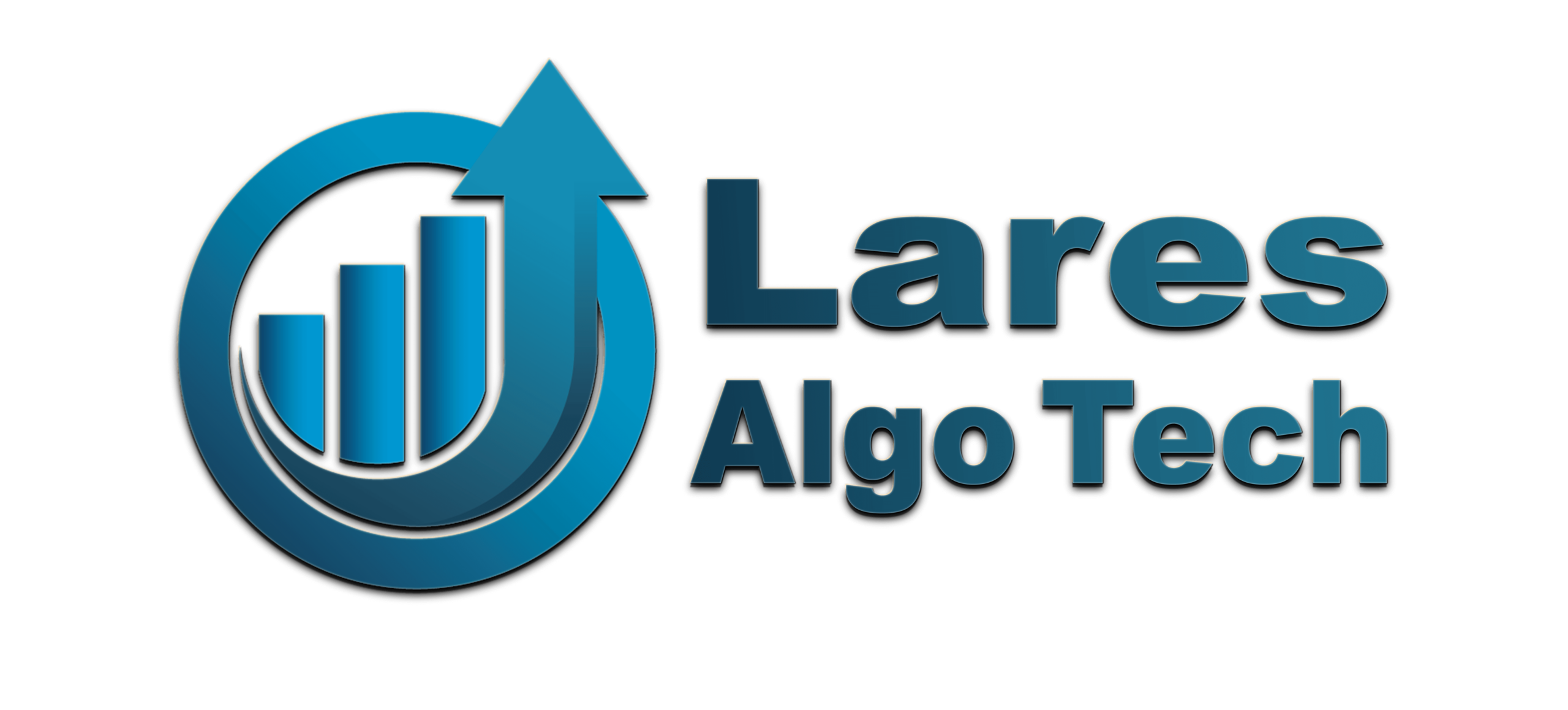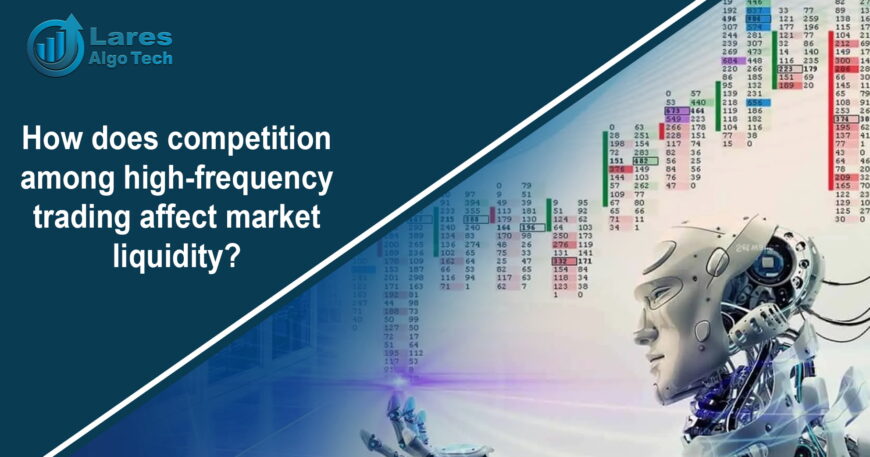In the fast-paced world of financial markets, high-frequency trading (HFT) has become a prominent player. Companies like Lares Algotech, based in India, have harnessed the power of HFT to navigate the complex landscape of market liquidity. But what exactly does competition among high-frequency trading affect market liquidity? Let’s delve into this intriguing subject.
Understanding High-Frequency Trading
High-frequency trading is a lightning-fast approach to buying and selling financial instruments. It involves executing a large number of orders at incredibly high speeds, often within fractions of a second. HFT firms like Lares Algotech leverage advanced algorithms and cutting-edge technology to seize fleeting opportunities in the market.
The Dynamics of Market Liquidity
Market liquidity refers to the ease with which assets can be bought or sold without significantly affecting their prices. It’s like the oil that keeps the financial engine running smoothly. High liquidity means a market can handle large volumes of trading without substantial price fluctuations.
The Competition Factor
Now, let’s talk about how competition in HFT impacts market liquidity:
- Increased Liquidity: Competition among HFT firms can lead to higher liquidity levels. As more firms engage in rapid trading, there are more market participants willing to buy and sell, resulting in increased overall liquidity.
- Tight Bid-Ask Spreads: HFT firms compete fiercely to offer the best prices, which narrows the bid-ask spreads. This benefits all traders, as tighter spreads mean reduced transaction costs.
- Reduced Price Impact: The high speed of HFT allows for quick absorption of buy or sell orders, reducing the impact of large trades on asset prices. This stability in pricing is crucial for market health.
- Efficient Pricing: Competition in HFT ensures that asset prices are kept in line with fundamental values. This discourages large price gaps and enhances market efficiency.
The Balance of Power
However, it’s important to note that while competition in HFT can enhance market liquidity, it also presents challenges:
- Market Fragmentation: The increase in HFT firms can lead to market fragmentation, where trading occurs across multiple platforms. This can create a complex landscape for investors to navigate.
- Risk of Flash Crashes: The rapid-fire nature of HFT can occasionally contribute to flash crashes. While these are often short-lived, they can erode market confidence.
- Regulatory Scrutiny: Regulators closely monitor HFT activities to ensure fairness and market integrity. Firms like Lares Algotech must navigate a complex regulatory environment.
Competition in high-frequency trading has a profound impact on market liquidity. Firms like Lares Algotech play a pivotal role in shaping the landscape, contributing to increased liquidity, tighter spreads, and efficient pricing. However, this competition also introduces challenges such as market fragmentation and regulatory scrutiny. As the world of HFT continues to evolve, companies like Lares Algotech will remain at the forefront, navigating the intricate dance between competition and market stability.





